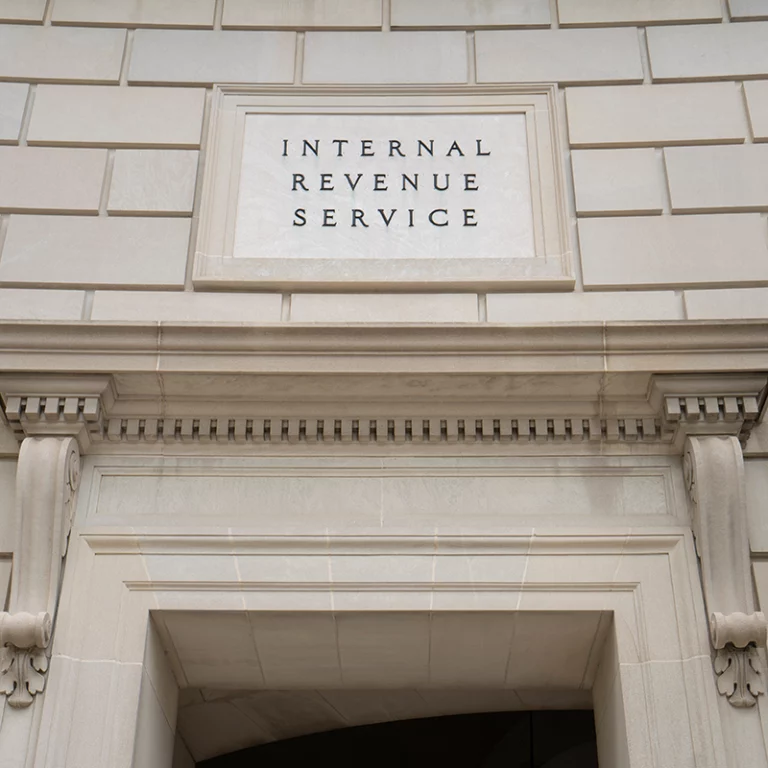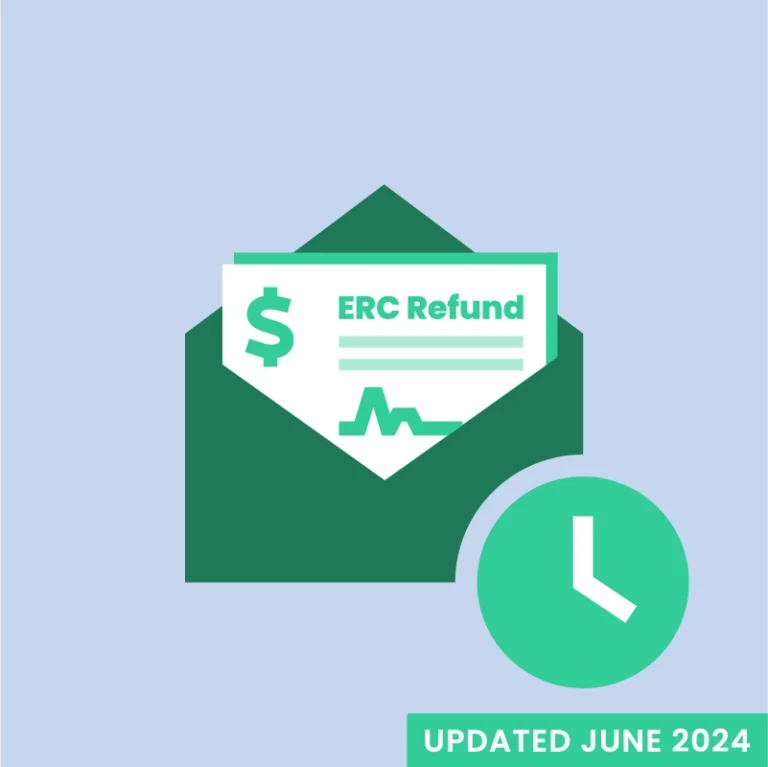On September 14, 2023, the IRS announced a moratorium to the agency’s processing of Employee Retention Credit (ERC) refunds that will be in effect through the end of the year. This is a preemptive measure to stop what officials claim is a tsunami of potentially fraudulent and overstated payroll tax refund requests.
The IRS is increasingly alarmed about honest small business owners being scammed by unscrupulous actors, and we could no longer tolerate growing evidence of questionable claims pouring in.
Danny Werfel, Commissioner of the Internal Revenue Service (IRS)
Introduced under the Coronavirus Aid, Relief, and Economic Security Act (CARES Act) in March 2020, the ERC program was intended to incentivize businesses and tax-exempt organizations negatively impacted by the COVID-19 pandemic to continue paying their employees. Three and a half years later, the ERC program is more popular than ever.
Objectives of the IRS’s ERC Moratorium
The IRS intends to utilize the moratorium period to continue processing ERC claims that have already been filed with greater scrutiny, implement safeguards it hopes will prevent future abuse, and work with the U.S. Department of Justice to pursue ERC applicants, preparers, and promoters suspected of fraudulent behavior.
Key Insights from the IRS’s Announcement
Enhanced Compliance Reviews and ERC Processing Delays. There are an estimated 600,000 ERC claims in the IRS’s backlog that will now be subject to enhanced compliance review and a revised processing goal of 180 days. Processing times may be much longer for ERC claims that are complex or that have triggered an audit.
Criminal Investigations and Civil Audits. As of July 31, 2023, IRS Criminal Investigation (IRS-CI) has initiated 252 investigations involving an estimated $2.8 billion related to the ERC program. Of those, fifteen have led to federal charges, six have resulted in convictions, and four have reached sentencing. Keep in mind the number of active investigations by IRS-CI accounts for 0.007% of the 3.6 million ERC claims filed.
The IRS has not published an exact figure for the number of civil audits, but the agency stated it has referred “thousands of ERC cases.”
New Policies and Regulation Procedures. The IRS is developing two new initiatives for wary ERC claimants: a settlement program for repayments of refunds that have already been issued and a special withdrawal option for claims that have not yet been processed. More details will be announced this fall.
The IRS’s announcement also suggests the agency will be focusing more of its attention on ERC preparers and ERC promoters. If Congress elects to grant the IRS more regulatory authority, ERC pop-ups will likely face new legislation that will irrevocably disrupt or suspend their efforts to process more ERC claims for small businesses.
Pending Versus Newly Filed ERC Claims. Pending ERC claims will still be processed under the IRS’s new enhanced compliance review policy, but the agency will not accept new ERC claims until at least January 1, 2024. Notably, the deadline to file an ERC claim for any quarter in 2020 is March 15, 2024, per the Statute of Limitations. At this time, it is unclear whether the ERC moratorium will result in an extension to this deadline.
- IRS Guidance and Resources. The IRS updated its frequently asked questions (FAQs) and published a new eligibility checklist.
How ERC Bridge Financing Can Help
With the IRS’s processing goal now at 180 days, more and more employers will likely not see their payroll tax refunds for at least 6-12 months once their claims are filed. New ERC claimants will not see their refunds for 10-16 months, and that is assuming the IRS lifts the moratorium on January 1, 2024. It is at this juncture that ERC Bridge Financing emerges as a timely solution for businesses that cannot afford to wait.
1st Capital Financial is the industry leader in ERC Bridge Financing. We have partnered with multiple funds to offer our clients the widest selection of ERC funding mechanisms and the best rates and terms available today. Options include ERC Bridge Loans, also referred to as ERC Advance Loans, and ERC Claim Buyouts. Our tailored approach allows us to meet most businesses’ unique needs and circumstances. Submit an ERC financing application or schedule an ERC consultation to learn more.
Final Thoughts on the IRS’s ERC Moratorium
Maintaining the integrity of relief programs like the ERC is paramount for small businesses and American taxpayers. To that extent, 1st Capital Financial supports the IRS’s ERC moratorium. We will continue equipping our clients with the tools and resources they need to weather the storm in the interim.
Note: We are still filing ERC claims; however, they will remain in the IRS’s queue until the ERC moratorium is lifted. We will fully abide by the IRS’s new enhanced compliance review policy and any additional legislation that may come about. We will also instruct our clients on the changes and make every effort to keep them informed.
File and Fund Your ERC Claim




